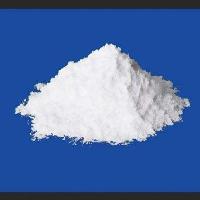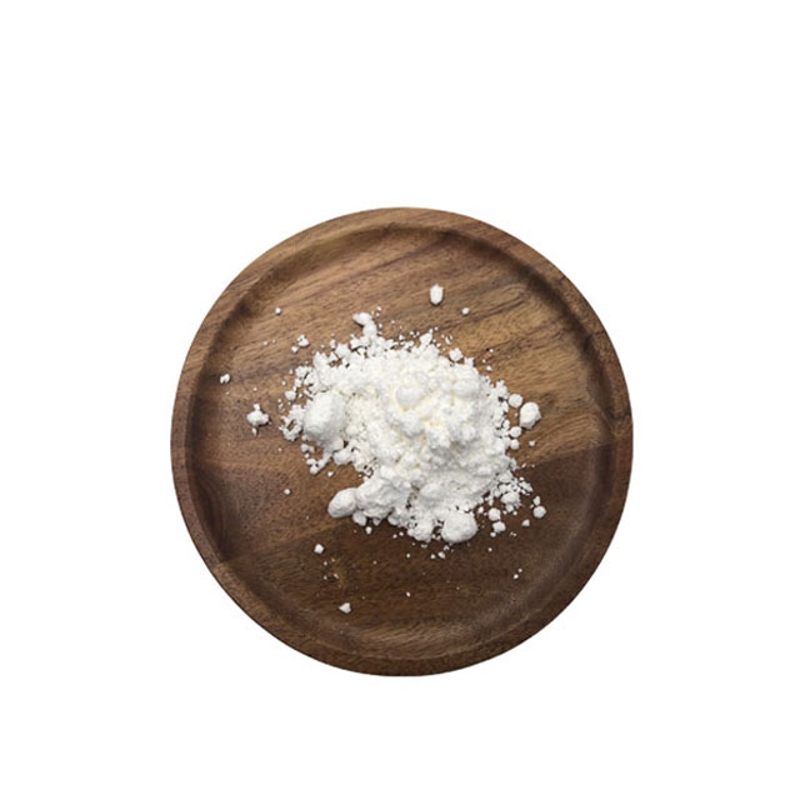-
Categories
-
Pharmaceutical Intermediates
-
Active Pharmaceutical Ingredients
-
Food Additives
- Industrial Coatings
- Agrochemicals
- Dyes and Pigments
- Surfactant
- Flavors and Fragrances
- Chemical Reagents
- Catalyst and Auxiliary
- Natural Products
- Inorganic Chemistry
-
Organic Chemistry
-
Biochemical Engineering
- Analytical Chemistry
-
Cosmetic Ingredient
- Water Treatment Chemical
-
Pharmaceutical Intermediates
Promotion
ECHEMI Mall
Wholesale
Weekly Price
Exhibition
News
-
Trade Service
Introduction: Glycited hemoglobin (HbA 1c) is a gold indicator for patients withdiabetes, while diabetics are twice as likely to developpancreatic canceras normal peopleIf HbA 1c is tested, you can fully understand the control of blood sugar, but alsoprevent the occurrence ofpancreatic cancerTumors can disrupt islet function leading to increased blood sugar, so middle-aged and old people should be wary of sudden high blood sugarA retrospective cohort study of 85,1402 patients from the California health care system showed that new diabetes is a potential indicator of pancreatic cancerUnderstanding the link between hyperglycemia, diabetes and pancreatic cancer is key to developing early detection methodsThe study was published in theJAMAGlycin and diabetesglycated hemoglobin (HbA1c) reflect the average level of blood sugar control over the last three months and is not affected by the occasional increase or decrease in blood sugarAt HbA1c, the risk of complications is low, and at 7% of HbA1c, the risk of chronic complications increases significantly if glycation hemoglobin 9% indicates the presence of persistent high blood sugar, diabetes, kidney disease, arteriosclerosis, cataracts and other complications, but also myocardial infarction , stroke death is a high risk factor people with diabetes of different ages, also have to look at the glycifying values, such as those over 60 years of age, the blood sugar control goal can be slightly relaxed Diabetes and pancreatic cancer have pancreatic cancer, which is difficult for five years According to the 2017 European and American Epidemiological Survey, a total of 100 pancreatic cancer patients had diabetes Therefore, it is very necessary for diabeticpatients to beware of pancreatic cancer Diabetes is one of the most important causes of pancreatic cancer, and the two are causal to each other when the function of the pancreas secreting is out of order, the function of maintaining blood sugar stability is impaired, causing high blood sugar and diabetes In 2018, the Team Shi Yujiang of Fudan University in Shanghai published their study in the journal Nature, revealing for the first time the relationship between high blood sugar and pancreatic cancer Studies have shown that high blood sugar reduces the activity of AMPK protease, resulting in TET2Ser99 phosphating and TET2 large amount of stability, reducing TET2 large catalysis generated 5-hmC 5-hmC can be considered a cancer marker, and its reduction means that pancreatic cancer is more likely to occur research published in Cell, researchers in Taiwan say that high blood sugar causes a mutation in the KRAS gene in islet cells, and that in 90 percent of pancreatic cancer cases, the KRAS mutation exists before that, other studies have also said that abnormal sugar metabolism is associated with pancreatic cancer Therefore, it can be said that high blood sugar and pancreatic cancer have a high correlation, greatly increasing the risk of pancreatic cancer the of glycated hemoglobin and pancreatic cancer
recently published in JAMA, using data from California's comprehensive health care system, with 851,402 middle-aged and middle-aged people between the ages of 50 and 84 between 2010 and 2014 results: 447,502 (52.5%), Hispanic participants 255441 (30%), non-Hispanic white participants 383685 (45.1%), Asian participants 100477 (11.8%), non-Hispanic black participants 88969 (10.4%) in general, glycated hemoglobin levels (HbA 1c) are higher in people aged 50-85 with pancreatic cancer and are at greater risk of pancreatic cancer But in the absence of previous diabetes or elevated HbA 1c values, non-Hispanic white patients diagnosed with eventy hyperglycemia had the highest risk In other ethnic groups, the risk of pancreatic cancer was not determined by a stricter definition of new high blood sugar this study has several limitations First, screening patients with pancreatic cancer based solely on elevated Levels of HbA 1c is unlikely to represent an effective strategy, and future work in determining high-risk populations based on changes in glycated hemoglobin should consider racial disparities Second, the study did not consider the role of sugar-lowering drugs In addition, choosing HbA 1c based on clinician-related decisions may create selection bias despite the limitations of the study, the study has many advantages It included large sample sizes and racial differences in the study population Next, the integrated health care system is set up to accurately assess previous diabetes conditions Finally, the use of a forward-looking cancer registry system and a statewide death index further ensures accurate identification of patients with pancreatic cancer







